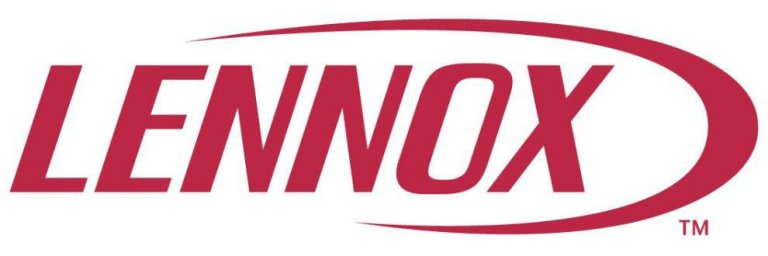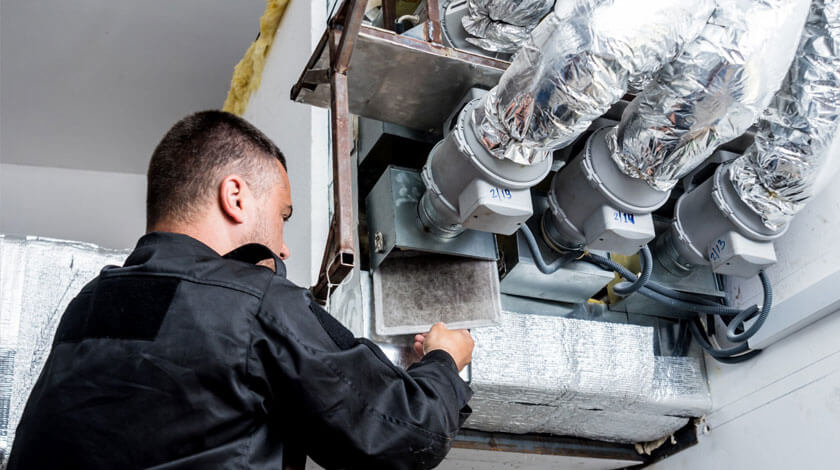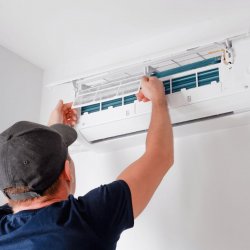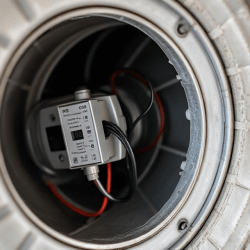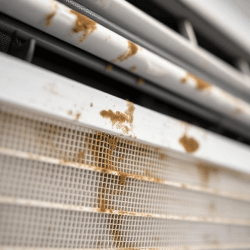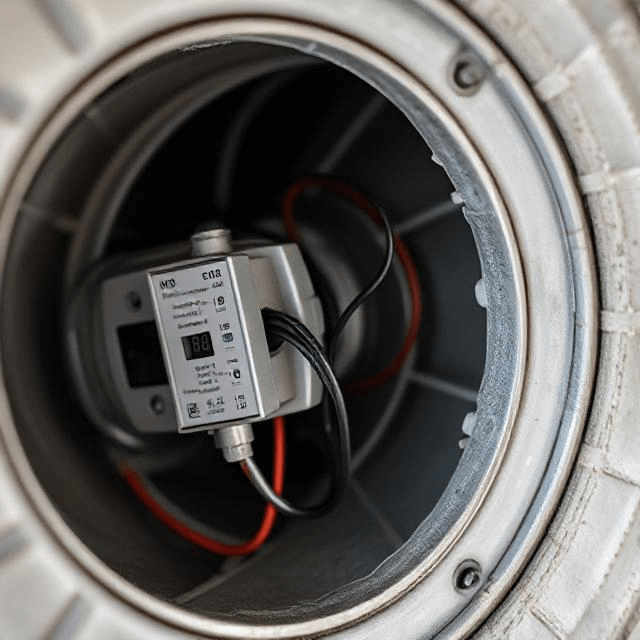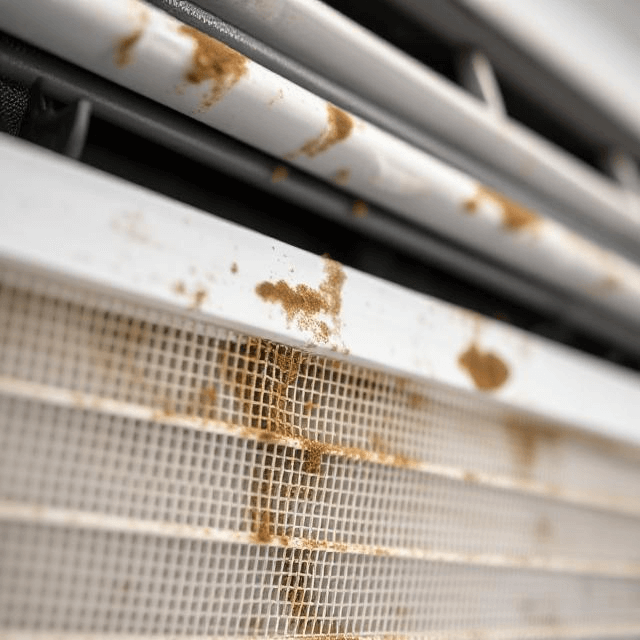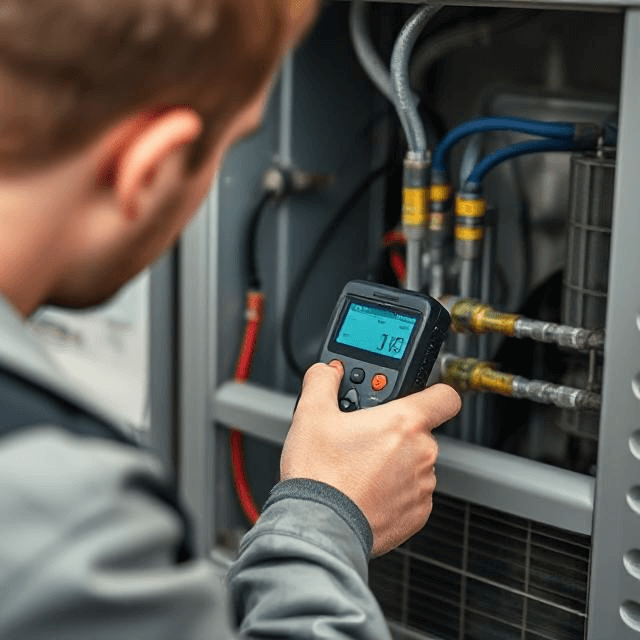Mold is found both indoors and outdoors.
In the outdoors, mold has an essential role in breaking down decaying matter. And because it’s everywhere, it’s even in our homes, at least in trace amounts.
Mold is very common in buildings and homes entering through open doorways, windows, vents, heating, and air conditioning systems. It will grow in high moisture spaces, such as around leaks in roofs, windows, or pipes, or where there has been flooding.
How does mold affect people?
Tiny amounts of mold pose no serious risk to most of us, but if more substantial mold growth occurs in your home, the risk of adverse health effects begins to rise. And if anyone in your home is especially susceptible to respiratory problems, it can be cause for major concern.
Inhaling or touching mold or mold spores can cause allergic reactions such as sneezing, runny nose, red eyes, and skin rash. In more severe cases, molds can also cause asthma attacks and irritate eyes, skin, nose, throat, and lungs.
Those with immune system deficiencies or chronic respiratory illnesses could face more urgent health risks from acute or prolonged mold exposure.
How do you know if you have a mold problem?
Many of the symptoms of mold exposure are common:
- Coughing
- Wheezing
- Nasal congestion
- Headaches and
- Irritation of the throat, eyes, and skin.
But because most of these symptoms could be caused by the common cold or seasonal allergies, you’re unlikely to be able to trace them back to mold exposure based on the symptoms alone.
The most effective way to determine if there’s mold growth in a room is to follow your nose.
Mold has a distinctly musty, earthy smell that can permeate walls, increasing the odds that you’ll smell it even before you see it.
How to prevent a mold problem?
As mentioned, mold grows in moisture-rich places. Your heating, ventilation, and air conditioning (HVAC) system can provide such conditions unless you take steps to prevent moisture from accumulating in the system.
Mold growth inside your home’s HVAC system can lead to a decrease in your home’s indoor air quality, especially if your system is malfunctioning or overdue for maintenance.
Any problem that results in moisture forming where it shouldn’t is a potential source for mold growth.
Essential tips to prevent mold in your HVAC system:
- Maintain the drain pans. The drain pans must be sloped and cleaned regularly to prevent the water and microbes in the drain pans from mold growth.
- Replace air filters regularly. Dirty air filters are inefficient at trapping mold spores and other contaminants. These particles will contaminate your HVAC system if you don’t change the filters regularly, usually once a month.
- Apply an HVAC mold inhibitor. HVAC-approved mold inhibitors can prevent mold growth in your HVAC system.
- Keep ducts dry. Some ducts in the HVAC system may harbor larger amounts of moisture and mold. Have your HVAC system checked to find which ducts are the most affected. Clean and fix air ducts and replace water-damaged components.
- Check the air intake. Make sure to keep the areas below the air intake clean by moving dumpsters, and removing standing water and bird droppings, etc.
Your HVAC system is an important part of your mold prevention strategy. If you do have a mold problem in your house, you should act quickly. If you can smell the mold but can’t see it, it could be growing within your walls or ductwork.
Schedule a visit with one of our team members for a thorough inspection and a review of your cleaning options.
